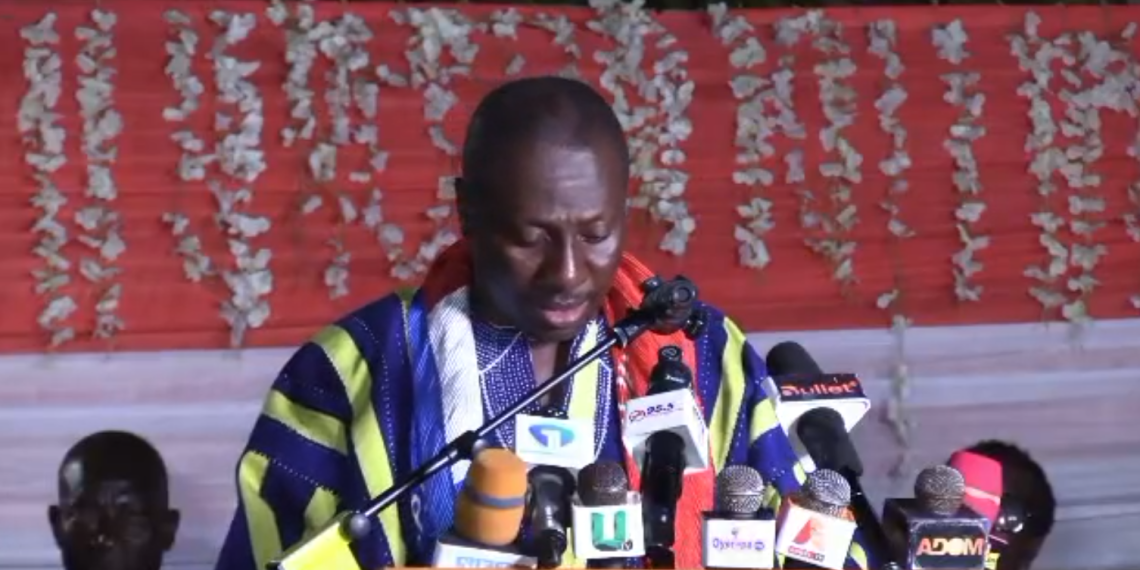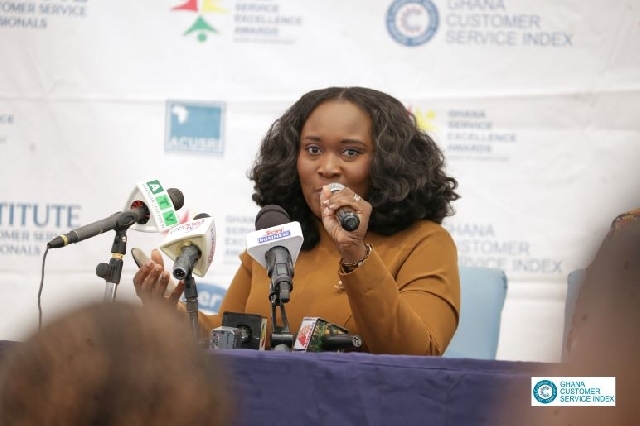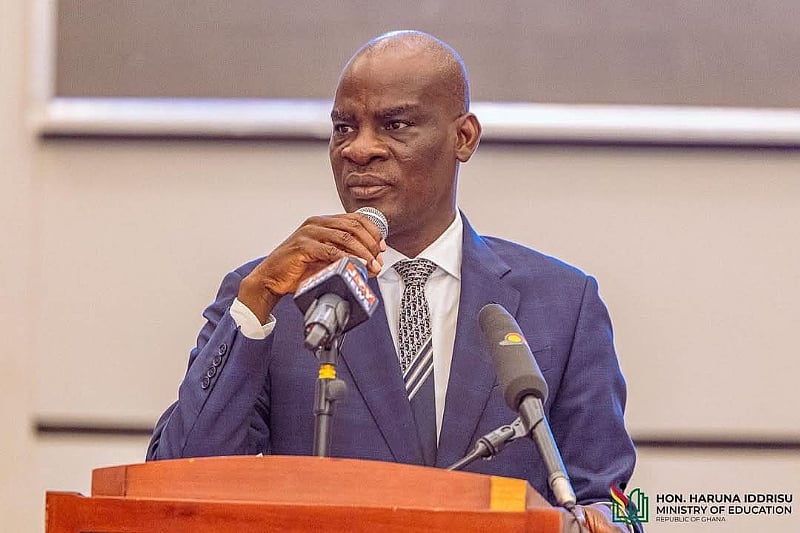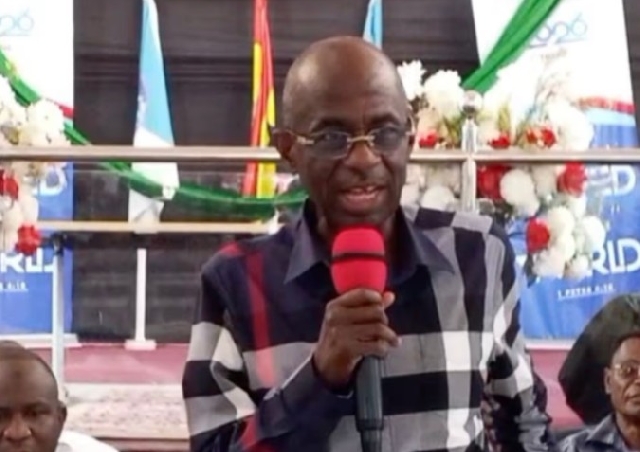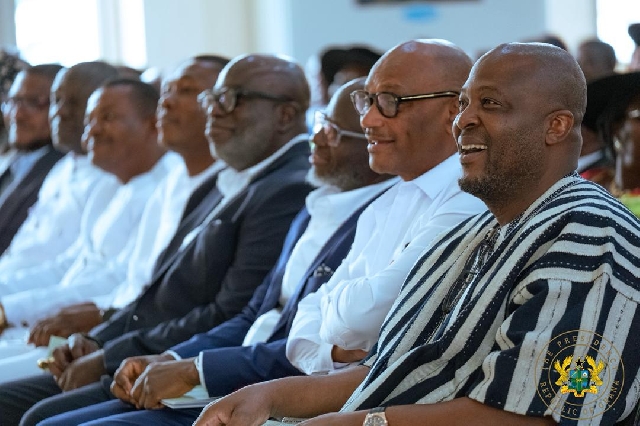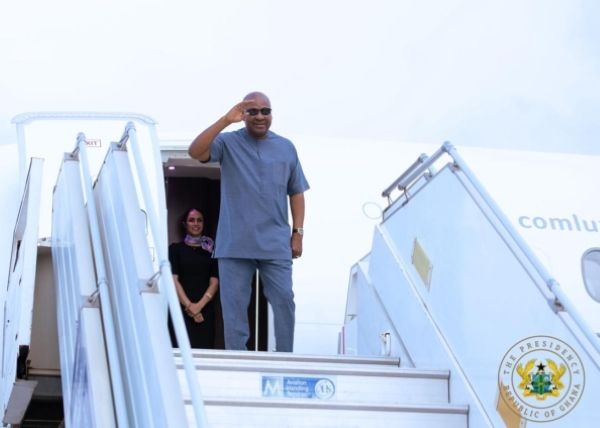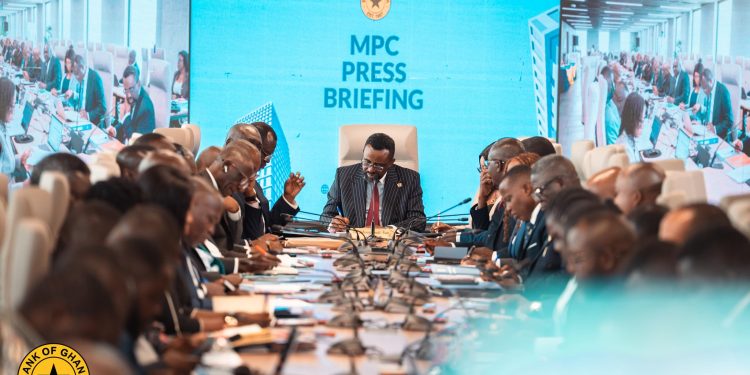The Economic Community of West African States (ECOWAS) is set to provide relief items to a number of victims of floods recorded in the year 2020 in the five regions in the north to alleviate their plight.
The relief items will include; the construction of 20 shelter and settlement, donation of food and non-food items including; cereals to 4,000 people, construction of some boreholes and handwashing supplies to reduce the risk of water-borne diseases in the targeted communities.
The donation of food and non-food items to the beneficiaries will be done within this month, whilst the construction of the boreholes, handwashing supplies and the shelter will begin after the rainy season in the five regions.
The move was in partial fulfillment of the mandate of ECOWAS as a regional organisation to respond to humanitarian disasters wherever they happened within the West Africa sub-region.
Ambassador Baba Gana Wakil, Resident Representative of ECOWAS in Ghana, who spoke during the launch of ECOWAS Post Flood Humanitarian Intervention Project in Tamale, said “It is also part of our (ECOWAS) renewed commitment to work with non-governmental organisations, which are often the first respondents when disaster strikes the community.”
According to the National Disaster Management Organisation (NADMO), in the year 2020, severe floods destroyed houses, crops, and goods and property threatening the livelihoods of communities in the five regions in the north.
Many victims are still displaced and living on the benevolence of families and friends.
The floods also resulted in increased incidences of water-borne diseases, poor hygiene and reduced the capacity of the vulnerable communities to observe COVID-19 safety protocols as revealed by an assessment conducted by volunteers of NADMO.
Based on the assessment, the needs identified included; but not limited to shelter, household items, potable water, hygiene and sanitation, health and livelihood needs and basic food and non-food items.
Though some of the needs were met, a lot more was yet to be served due to limited resources, hence the ECOWAS’ Post Flood Humanitarian Intervention Project to assist to provide relief for the rest of the 2020 flood victims in the five regions.
Mr Wakil said “These modest interventions from the Regional Body are certainly not sufficient to restore normalcy to the affected population but a demonstration of commitment on the part of ECOWAS to alleviate the suffering of the people whose means of livelihood have been devastated by the floods.”
Mr Eric Nana Agyemang-Prempeh, Director General of NADMO said “NADMO is in the process of advising the government to consider the transfer of residual disaster risk to a sovereign risk company. The country is working with the African Risk Capacity and other sovereign risk insurance companies and very soon, small holder farmers would have their crops insured against extreme weather events such as floods and droughts.”
Nana Agyemang-Prempeh said “This has become necessary because climate change has increased he need for integrated management approaches regarding weather and climate risks to reduce the financial effects of extreme weather events, especially in the northern regions.”
He thanked ECOWAS for the gesture saying “But for their support, it would have been very difficult to meet the needs of the flood victims.”
—GNA
Please contact Apexnewsgh.com on email apexnewsgh@gmail.com for your credible news publications. Contact: 05555568093




